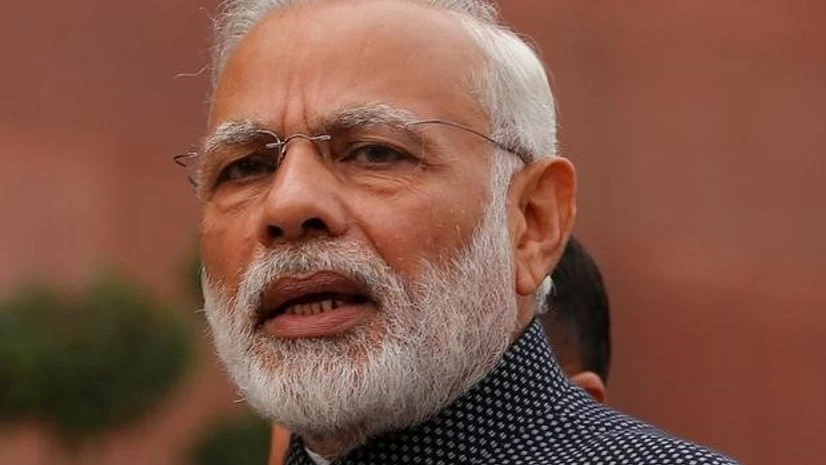The original plan was to make this a trip down memory lane. To talk about how very little has changed since Street Food was first published five years ago. Something more interesting saved everyone from the self-indulgent nostalgia. There is no escape from nostalgia, though.
Sometime last week, tired of all the Mistry missiles and the Tata torpedoes flying around in my screen, I wanted to listen to something nice. Guess what YouTube's top suggestion was? A nicely done Doordarshan interview with J R D Tata. It is one thing to read about somebody but an entirely different experience to hear it from the horse’s mouth.
The video, uploaded by interviewer Rajiv Mehrotra about a year before, certainly deserves more than the few thousand views it has got so far. Though the post doesn’t reveal the date, the conversation refers to Prime Minister Rajiv Gandhi and how that was an election year. So, this must be 1989.
Tata, then 85, is going strong at the helm of the group, without any questions about the successor or a succession plan. It was a different era, makes you think. But, the man wins you over with his humility, playing down his own achievements and calling his appointment as Tata Sons chairman in 1938 a ‘piece of mental aberration’ of the directors. He has interesting things to say about several issues, still in currency – black money, politician-business nexus, labour reforms and Vallabhbhai Patel.
“Look, when I was young and joined business, there was no black money. I never heard of black money. There was no corruption. Whom were you to corrupt, when you do not have a system of government control? Also, in those days, taxes were non-existent or very low.” He concludes, “Black money will always be there, so long as taxes are high and the controls are high.”
Also Read
He talks about how unions, backed by politicians, come in the way of modernisation and cheaper products. “How do you introduce new process, if you are not allowed to retrench?” he asks.
He declares he never did any lobbying but recalls his opposition to ‘blind nationalisation’ and socialistic policies of Jawaharlal Nehru. At one point, he suggests Nehru had no clue about economics. “I often say to myself, suppose Vallabhbhai had been the young man and Nehru would have been the older man, Vallabhbhai obviously would have been the prime minister of India. Certainly on the economic plan, there would be a totally different situation than the one that exists today.”
Nationalisation took away from JRD the only thing he thought he created and was emotionally attached to – Air India. Nehru allowed him the consolation of continuing as its chairman. Even that would be snatched away.
Early on in the interview, Mehrotra asks Tata if it was a wrenching experience to relinquish control of Air India. “Yes, of course. You are talking about February 1978, when Morarji Desai fired me. He didn’t inform me for about 10 or 12 days later, when I got a letter thanking me for my services to aviation.” Mistry, who got to know a minute earlier, must feel better.
Tata says he learnt it from the man who was appointed as successor. How does it feel to be fired? “I think the answer cannot be a sensible one. I have never been fired before. Well (sighs), it was not unexpected.” The way it was done was not very pleasant to me, he added. He recalls how Desai was a friend, how they shared a love-hate relationship, ‘but he was quite impossible to deal with’. Tata's own leadership style treated employees as colleagues and was not one of firing. “There are other ways of doing it.” His successor might not agree.

)
